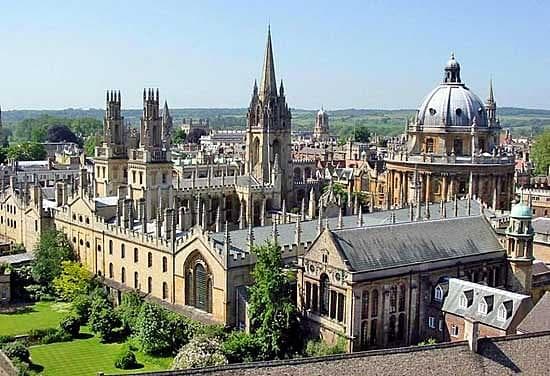First year
Your first-year work has three parts.
Modern Language
You should have some proficiency in an East Asian language (Chinese, Korean, or Japanese). A qualifying examination in your modern language is held at the end of the third term. If your proficiency in your main language is not up to academic standards, you will prepare for an examination in that language. If, on arrival, your proficiency is judged to be up to academic standards, you will choose a different modern East Asian language for research purposes and prepare for the examination in the selected language.
Classical Language
You will be required to follow a general course in Classical Chinese, Classical Japanese, or Middle Korean. Instruction may take the form of lectures, text classes, or some combination of the two. You will prepare and present English translations in text classes. Depending on your ability, you may be permitted to follow more than one classical language, but you must choose only one classical language for assessment in your qualifying examination.
Colloquium
You will also attend throughout the year the East Asia Colloquium, for which you receive a reading list and write four essays per term. Students meet together every two weeks in a 90-minute seminar to present the gist of their essays and discuss the topic at hand. The qualifying examination for the seminar consists of an assessment of your three best essays from the twelve prepared over the year. No marks are given on each essay but you will receive comments and feedback, and you must choose and submit one essay to Examination Schools at the end of each term that you feel presents the best of your work.
Second year
Your second-year work has three parts.
Thesis
In the second year, you will spend a good portion of your time researching and writing your thesis. There are no modern language requirements, but you may opt to monitor or audit classes in a modern or classical language that you were unable to study or for which you would like further study.
Prescribed Texts
You will continue your study of a classical language by reading Prescribed Texts in Classical Chinese or Classical Japanese or Middle Korean. Texts are chosen in consultation with one of the Course Coordinators and drawn from canonical literature in the areas of history, literature, and philosophy. The final examination is a timed examination at the end of the second year. You have eight one-hour classes spread over three terms.
Bibliography and Methodology
For the Bibliography and Methodology requirement, you will choose a country specialisation (Korea, China, or Japan) and prepare answers to a series of exercises requiring you to find specific and general information in the classical bibliography and references of one of the three countries. You have eight one-hour classes spread over three terms.
